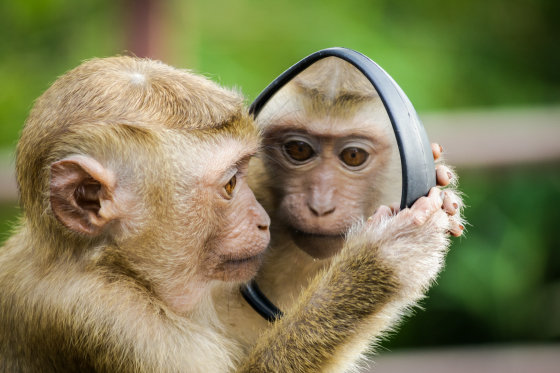In order to maintain a strong 'immune system' that protects the body from viruses, you should be careful about your 'feelings'

The immune system has the function of protecting the body from viruses, and
Want to strengthen your immune system? Consider your feelings
https://www.inverse.com/mind-body/why-emotions-affect-the-immune-system
The immune system has the function of protecting the body by recognizing and eliminating those harmful to the human body such as viruses and cancer cells. In the field called neuropsychiatric immunology, how the brain, endocrine system, and immune system interact and how they affect health can be investigated. Among them, positive or negative 'mood' The effects on immune function, illness, and mortality have been attracting attention in recent years. More specifically, that the stress between chronic family was related to the height of the inflammatory response of boys and girls study the results and, of HIV in the blood where the man of HIV-positive has trained with positive feelings Studies such as the decrease indicate that emotions may affect the immune system.
Farbio Dakist, an immunologist who studies the relationship between emotions and the immune system at the University of London London, calls for the establishment of a more specialized 'affective immunology'. According to Dakkeist, even temporary, rather than chronic, emotions can affect the body. 'When a person has some emotion, the body accepts it and tries to adapt to it. This causes changes in immune cells, blood and their functions when a person laughs. This cries The same applies when we are angry or when we get angry. '' When we live and feel, the immune system responds to it like a mirror, 'Dukkist said.

Even temporary emotions change the daily immune response when they accumulate for a day or a week. As a typical example, Mr. Dakkist cites 'When conducting a large test or project, the positive aspect of stress is that you can maintain a healthy body in the shrubba, but the negative aspect is that you feel sick after the test or project.' I will.
Although at the research stage, the possibility of treating immune disorders by combining psychotherapy and pharmacotherapy has been shown in recent years, and the idea of emotional immunology is consistent with this treatment method. . Psychotherapist Duckist said he finds great potential in new research areas, saying that the relationship between mental
In fact, Duckist is in the middle of research, and mouse experiments have shown that emotions affect genes, which ultimately change the immune system. On the other hand, although there is much to be done scientifically, Duckist does not pursue a comprehensive approach and believes that each should find its own way to well-being.
'Everyone should understand what is best for them and work on how to do it, and throw away' one way for everyone '.' If anyone likes mountains, then they like the seaside. Some people have to find out what makes them feel good in a unique and personally optimized way, 'said Dukkist.

Related Posts:
in Science, Posted by darkhorse_log







